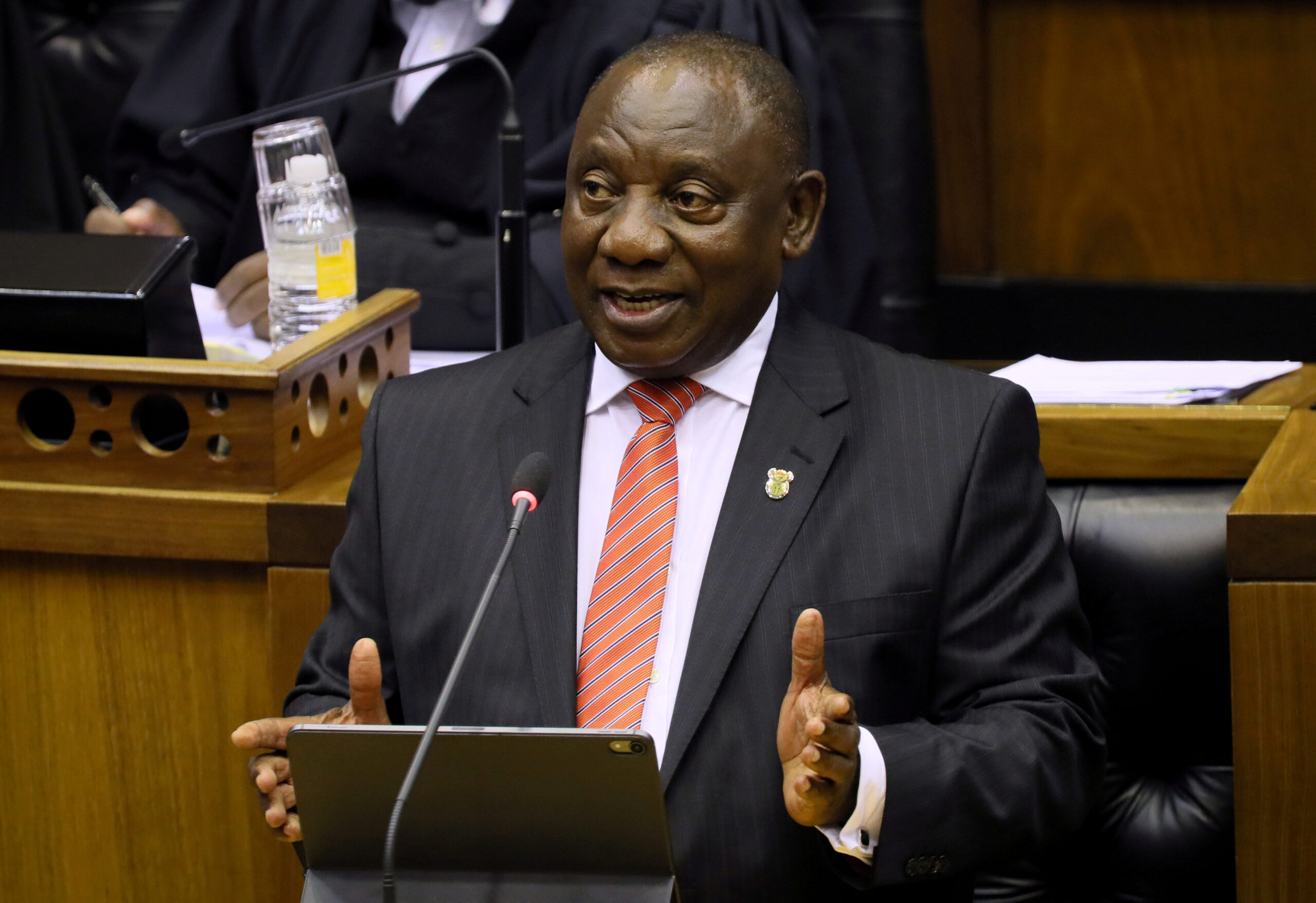
South Africa extends lockdown to end of April
South African President Cyril Ramaphosa has extended the country’s lockdown for two weeks, a move aimed at stemming the spread of the coronavirus.
 While announcing the extension, Ramaphosa pointed out that ending the initial 21-day lockdown too soon would risk a “massive and uncontrollable resurgence” of the virus.
While announcing the extension, Ramaphosa pointed out that ending the initial 21-day lockdown too soon would risk a “massive and uncontrollable resurgence” of the virus.
Africa’s most industrialised nation has recorded the most confirmed coronavirus cases on the continent, at 1,934, but that number is expected to rise significantly as the government embarks on a mass testing drive.
The lockdown, which started on March 27 and was due to last for 21 days, is one of the toughest measures imposed by an African government to curb the spread of the virus, which has infected more than 1.5 million people globally and killed almost 90,000.
Ramaphosa won praise for announcing the lockdown early, before the country had recorded any of its current total of 18 coronavirus deaths. But the economic impact of the lockdown is likely to be severe.
South Africa’s economy was already in recession last year, and it could contract by up to four percent in 2020 based on a central bank estimate this week.
“After careful consideration of the available evidence, the National Coronavirus Command Council has decided to extend the nationwide lockdown by a further two weeks,” Ramaphosa said in an address to the nation.
“This means that most of the existing lockdown measures will remain in force until the end of April.”
Ramaphosa said his government would assess in the coming days how it could enable “a phased recovery of the economy, allowing the return to operation of certain sectors under strictly controlled conditions”.
One sector that is particularly keen to emerge from the lockdown is mining, since the government ordered that furnaces and underground mines be put on care and maintenance. Many miners have either slashed production plans or declared force majeure.
Ramaphosa said the lockdown was helping slow the rate of new infections and that the restrictions had been “largely observed”.
He made no mention of the difficulties that people have had observing social-distancing rules in the country’s overcrowded informal settlements, a worry for some public health experts who fear that if the virus takes hold there it could be difficult to bring under control.
Ramaphosa reiterated that his government would support businesses, without unveiling major new support instruments.
He said the Unemployment Insurance Fund had set aside 40 billion rand ($2.2 billion) to help people unable to work and to try to prevent job losses. Further measures would be announced, he added.






